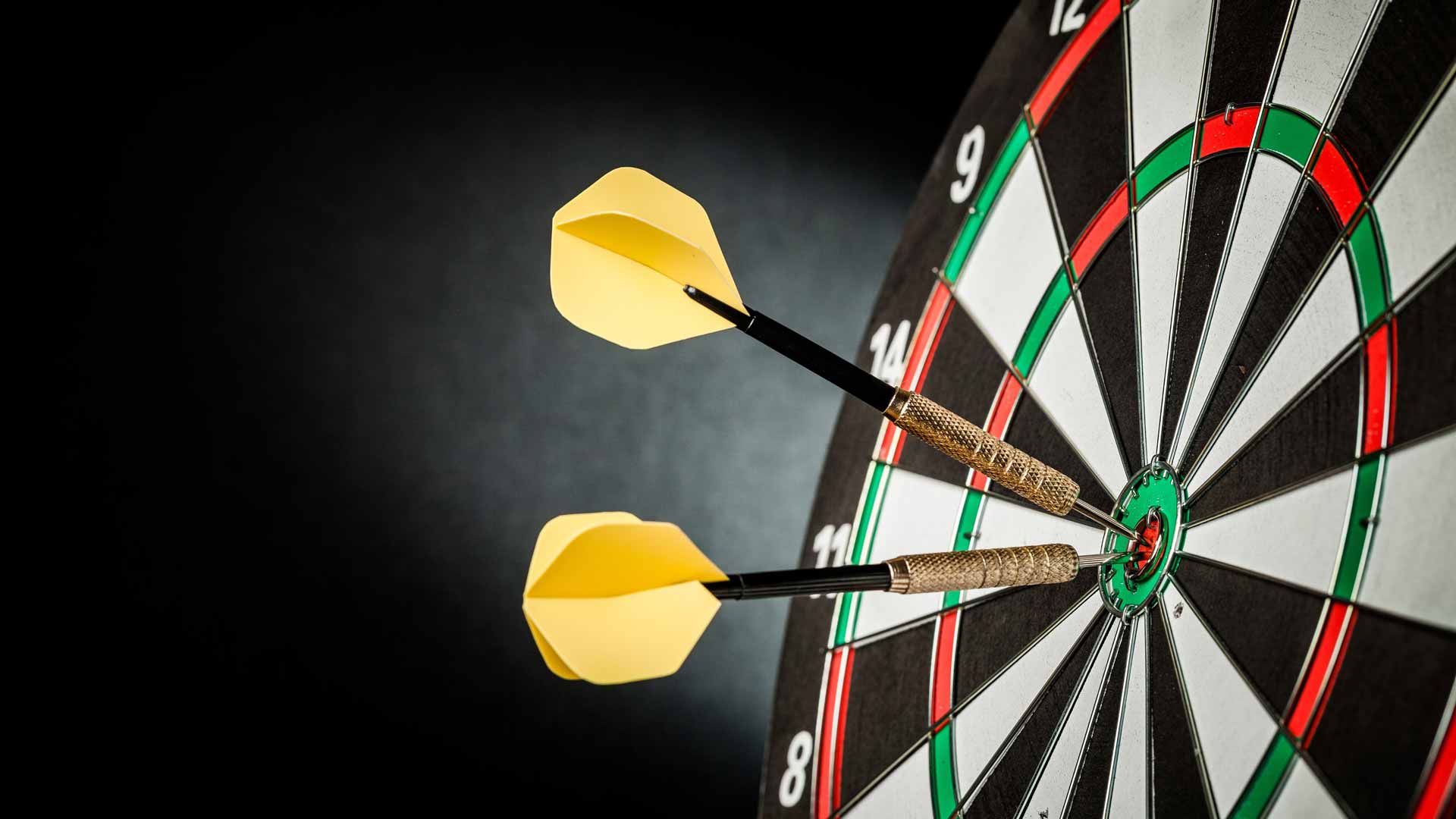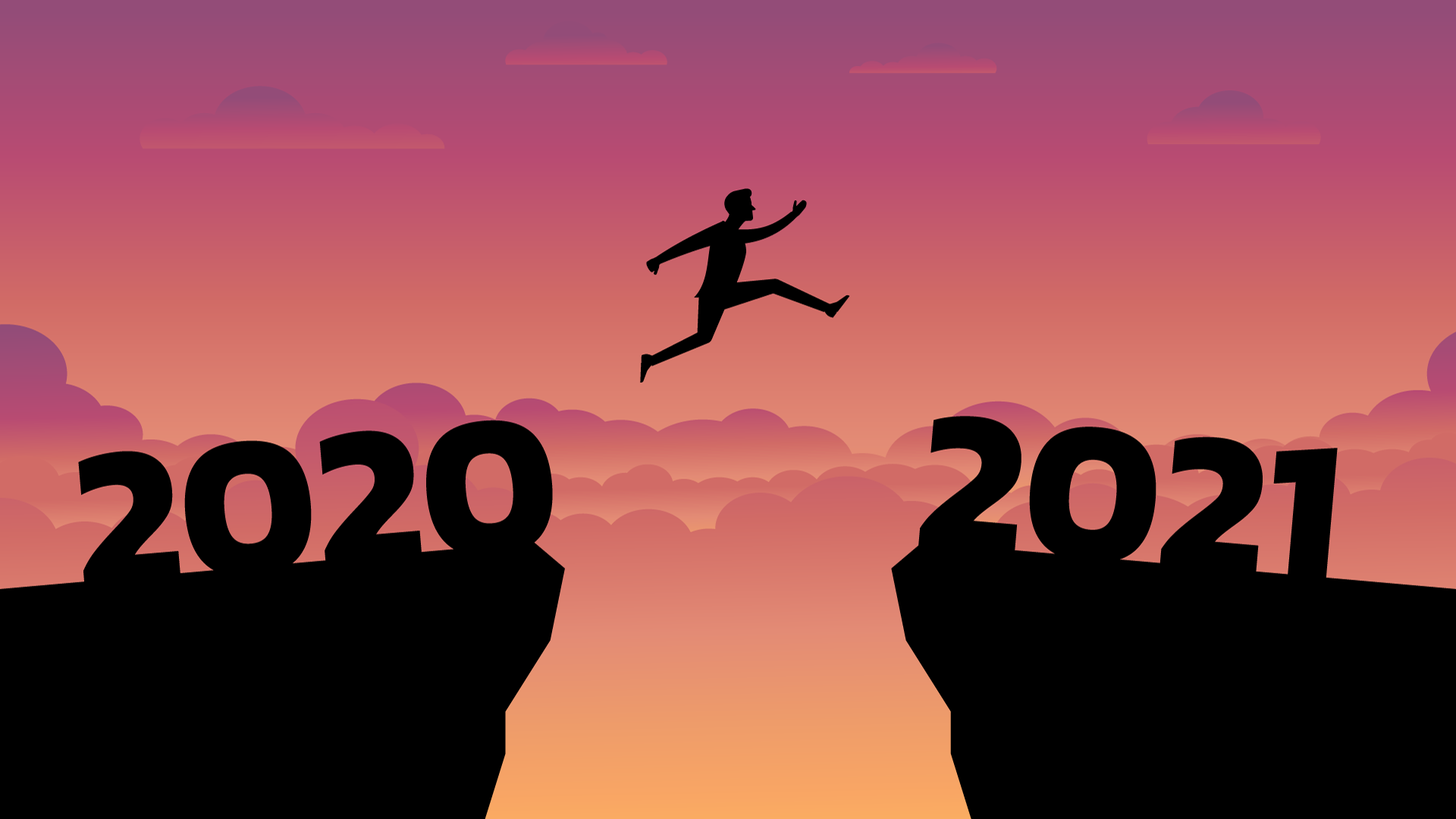Beverages Are Big Money
In our thirst for marketing food safety testing products to the beverage industry, consider the ubiquitous nature of beverages. Because of their portability and stability, beverages are everywhere. All beverages come out of a pipe in the production process, which makes measurement, monitoring, and control easier, but there are still food safety risks and challenges. As a result, the beverage industry is a good market for food safety testing products and services.
Drink It In
Beverages come in an endless variety of varieties, from milk-based products to beer and spirits; from every imaginable flavor of carbonated soda to kombucha; from water to the latest product — cannabis-infused beverages. Basically, water plus a flavor infusion creates a new beverage, and the flavors will keep coming because humans thrive on variety.
Beverages are also profitable because water plus flavoring means that the highest cost component is essentially the marketing of the product, although the initial investment in infrastructure (a bottling line or filling line) has to be taken into consideration as well. To get around the infrastructure investment, many beverage formulators will have their products co-packed (bottled) by a contract-packager who sells capacity on their bottling line.
While this is economically efficient, bottling lines need to be thoroughly cleaned between production runs to prevent cross-contamination. Food safety in beverage production is typically tested on the production lines, supported by either an on-site lab or by a contract testing lab.
Threats to Food Safety
Food safety challenges in beverage production include sanitation –– ensuring the pipes are clean and free from bacteria, pathogens, allergens –– and cross-contamination from other products or from cleaners and line disinfectants. Care must also be taken so that no physical contaminants such as metal shavings from cans or processing equipment or glass chips from bottles enter the product. From a quality perspective, fill levels must be monitored so that the consumer gets the correct amount of product every time.
Spoilage organisms can be present in the packaging environment or in the product itself and can cause beverages to spoil prematurely. Though not necessarily harmful, they do lead to an unpleasant customer experience! Some beverages such as juices or beverages containing juice are more susceptible to bacterial contamination, so extra care and testing are required in production using juices.
Beverages are, for all intents and purposes, considered food, and as such, beverage food safety is regulated principally by the FDA. (For a more detailed perspective on food safety regulation, click here.) Based on the challenges described above, food safety testing products typically sold into beverage processing facilities would include:
- ATP testing kits for sanitation
- Water quality testing kits
- Allergen testing kits
- Microbial testing products and instruments
Quality control products would include fill level, product inspection, and perhaps CO2 monitoring equipment if the products are carbonated.
Table 1. Who Regulates What In The Beverage Industry
| Beverage | Regulator |
| Bottled Water | FDA |
| Carbonated Soft Drinks | FDA |
| Imported and Exported Beverages | FDA |
| Cocoa, Coffee, Creamer, Drink Mixes, Tea | FDA / USDA |
| Beer | FDA |
| Juice | FDA |
| Wine | FDA |
| Spirits | FDA |
| Milk | FDA / USDA |
Penetrating the Market
If you are marketing to the beverage industry, the best approach may be using a Key Opinion Leader strategy. There are plenty of associations that can offer resources and connections. The beverage industry is highly fragmented by the various types of beverages — but the major producers consist of consolidated brands.
Table 2. Beverage Industry Associations
| Association | Website |
| American Beverage Association (ABA) | https://www.ameribev.org/ |
| International Bottled Water Association (IBWA) | https://www.bottledwater.org/ |
| National Coffee Association (NCA) | https://www.bottledwater.org/ |
| Tea Association of the USA | http://www.teausa.com/ |
| National Milk Producers Forum | https://www.nmpf.org/ |
| American Society of Brewing Chemists | https://www.asbcnet.org |
| Master Brewers Association | https://www.mbaa.com/ |
| International Society of Beverage Technologists | https://www.bevtech.org/ |
When approaching beverage producers at the corporate level, consider the personas of the purchasers and influencers you will be engaging with. Beverage production is extremely high-volume, cost-driven, and follows the guidelines for sanitation and food safety. Alongside the production managers are the skeptical scientists either reporting to QC or a senior level corporate food safety officer.
The Takeaway
Selling food safety will not be the issue — the challenge will be getting an audience and selling your particular product or brand to them. References, proof statements, and product performance will get you in the door. Follow this up with bulletproof products and exceptional customer service, and you can make inroads in the beverage market.
If you need help with marketing food safety testing and diagnostic products and services to the beverage industry, contact us for a 30-minute consultation.



